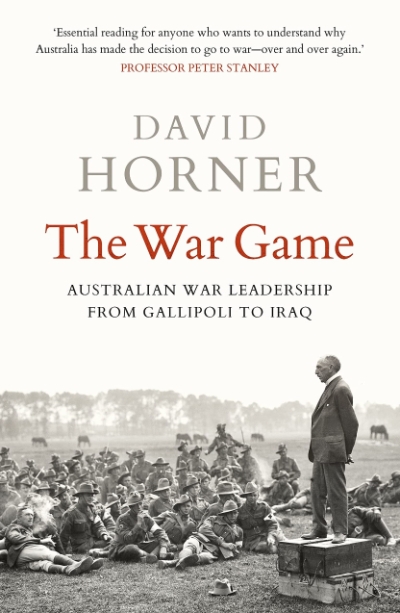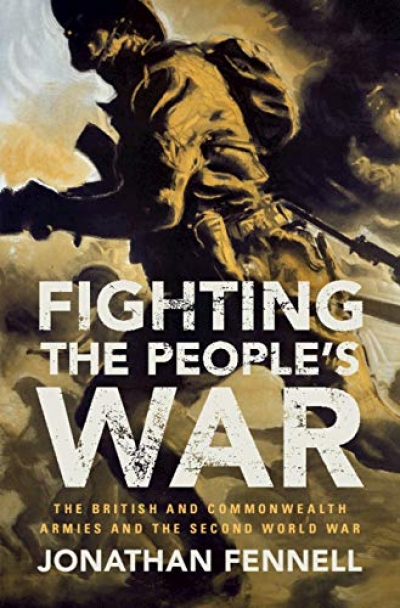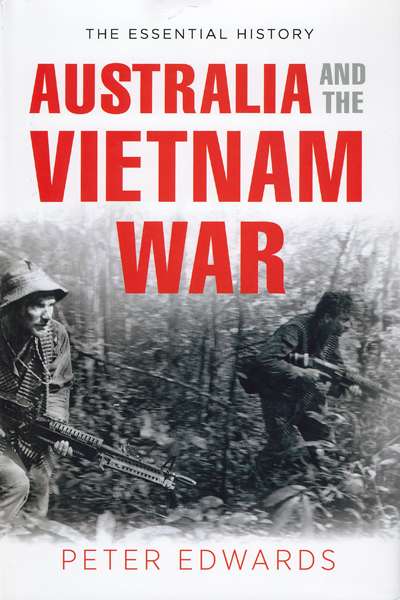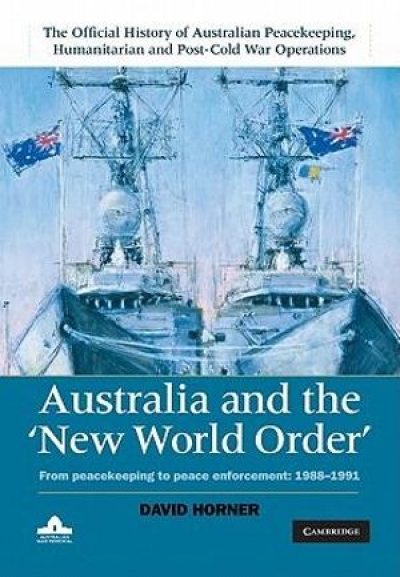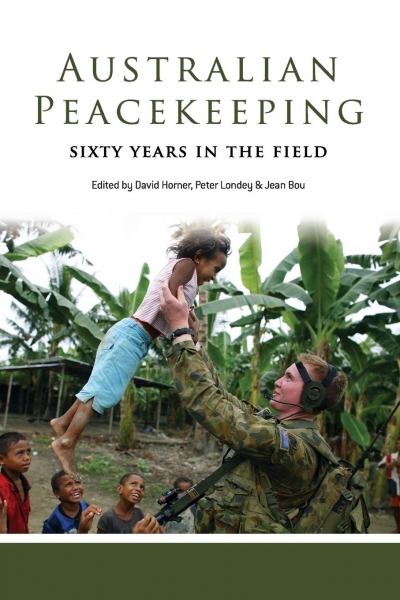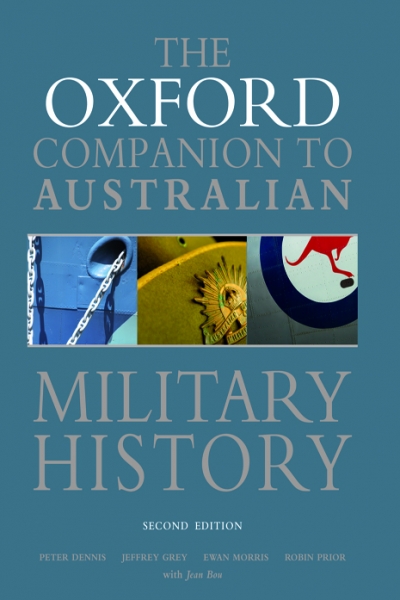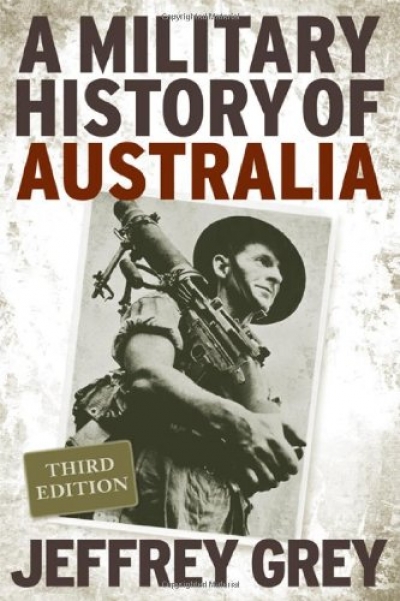David Horner
The Young Menzies: Success, failure, resilience 1894–1942 edited by Zachary Gorman
by David Horner •
The War Game: Australian war leadership from Gallipoli to Iraq' by by David Horner
by Peter Edwards •
Fighting the People’s War: The British and Commonwealth armies and the Second World War by by Jonathan Fennell
by David Horner •
The Spy Catchers: The official history of ASIO 1949–1963, Volume One by David Horner
by Phillip Deery •
Australia and the ‘New World Order’: From Peacekeeping to Peace Enforcement: 1988–1991 by David Horner
by Peter Edwards •
Australian Peacekeeping: Sixty years in the field edited by David Horner, Peter Loney and Jean Bou
by Alex Bellamy •
The Oxford Companion to Australian Military History (Second Edition) edited by Peter Dennis et al.
by David Horner •
A Military History of Australia by Jeffrey Grey & Duty First by David Horner and Jean Bou
by Peter Edwards •
Breaking the Codes: Australia’s KGB Network 1944-1950 by Desmond Ball & David Horner
by Peter Edwards •


